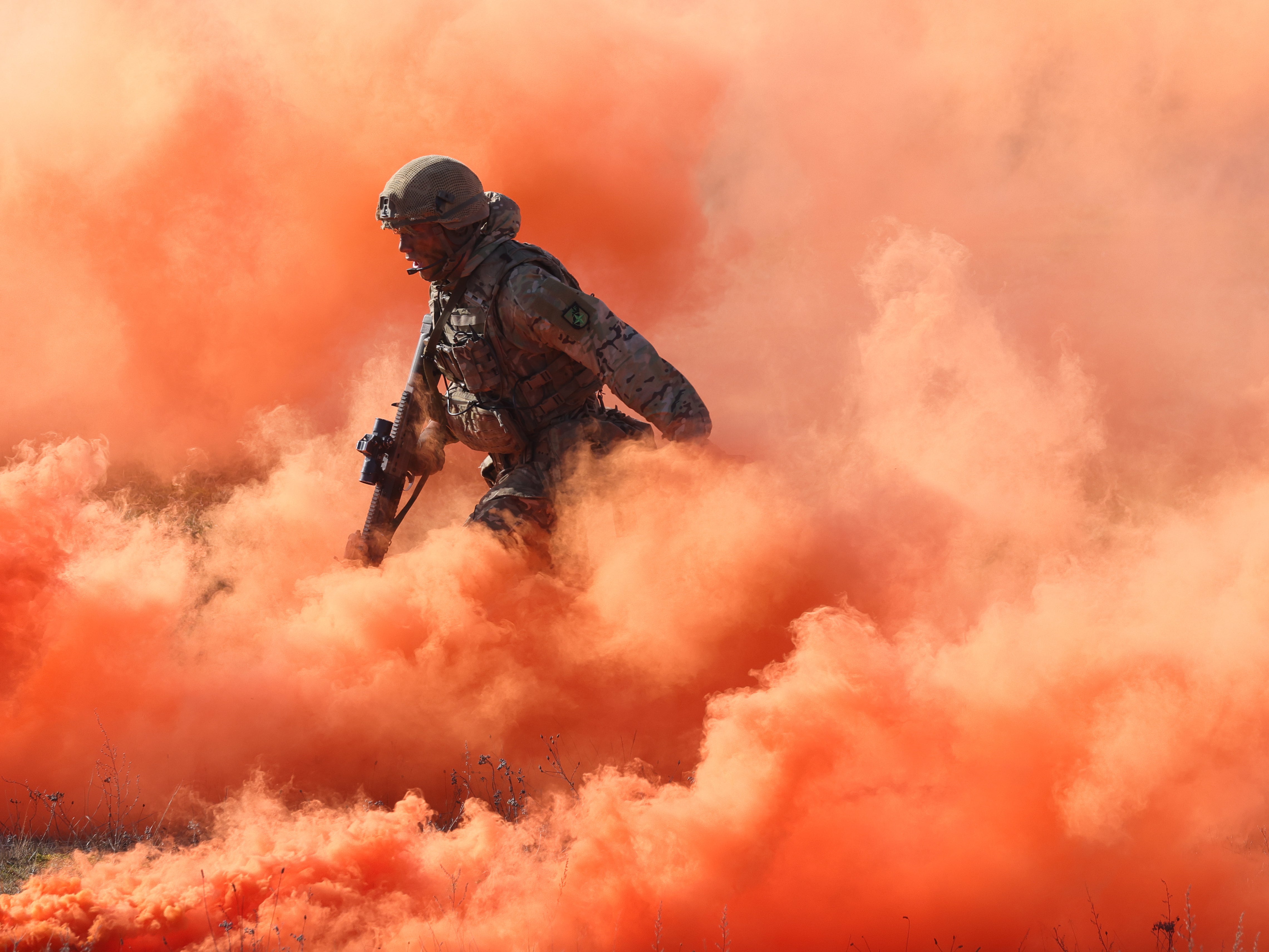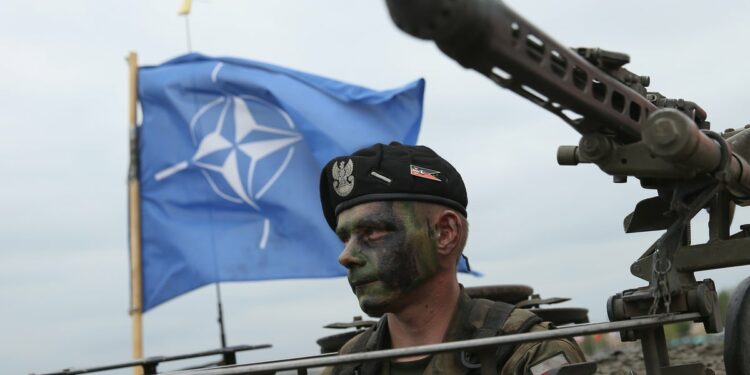open image in gallery
Poland’s Donald Tusk has said that creating an iron dome, like that used in Israel, is ‘necessary’ for Europe (AFP/Getty)
A key reason is what I call the “1,700km duvet”. To reach the UK, Russia would first need to pass through the Baltic states and Finland, cross the Baltic Sea, contend with Germany, Sweden, Denmark, and Norway, and then navigate the North Sea.
When asked about the threat of a missile attack on the UK, former defence secretary Grant Shapps casually remarked that Nato allies would handle such threats as they are located between the UK and Russia suggesting he too believed in the “1,700km duvet”, under which the UK continues to snuggle.
Yet the threat is creeping closer. Incidents involving damaged undersea internet cables in the Baltic Sea raised fears of Russian sabotage. Last year, there were believed to be Russian plots for incendiary devices to be put on cargo planes in Europe, testing security systems, and Western intelligence officials suspect Russia was behind this summer’s fires at shipping hubs in Britain and Germany.
Many believe it is only a matter of time before power shortages hit the UK due to wind farm cables mysteriously breaking, or that our internet is compromised as the telecoms backbone goes down.

open image in gallery
A soldier of the UK’s 2nd Battalion Royal Anglian infantry takes part in a simulated attack in Poland (Getty)
The UK is, in effect, defenceless against many forms of modern attack. The chief of the defence staff, Admiral Sir Tony Radakin, admitted as much during a conference in Berlin last year, where he stressed the need to follow the Nordic and Baltic countries’ example in bolstering both defence and civil readiness for war.
Despite bold rhetoric, the Royal Navy cannot deploy an aircraft carrier group without relying on US and allied ships and aircraft. The Army cannot field a full division of 15,000 soldiers from its 70,000-strong force and lacks the ammunition to fight for more than a month. The RAF has only about two dozen combat-ready Typhoons from a fleet of over 100.
The defence secretary is right to emphasise that it’s not just about spending more but spending better. However, funding does matter. If a Nato state invokes Article 5, which calls on collective defence – a situation that many experts on the Nordic and Baltic regions believe could happen within five years – the UK cannot afford to delay its response, claiming economic constraints.
Nato’s principle that “an attack on one is an attack on all” would require the UK to march to the sound of the guns – a situation for which we are woefully unprepared compared to our European neighbours.
Francis Tusa is editor of ‘Defence Analysis’
Source link : http://www.bing.com/news/apiclick.aspx?ref=FexRss&aid=&tid=67b75510a3ba4435a848a0ddd85cadc8&url=https%3A%2F%2Fwww.independent.co.uk%2Fnews%2Fworld%2Feurope%2Frussia-ukraine-putin-starmer-trump-war-b2701499.html&c=3031956388144773295&mkt=de-de
Author :
Publish date : 2025-02-20 00:39:00
Copyright for syndicated content belongs to the linked Source.




